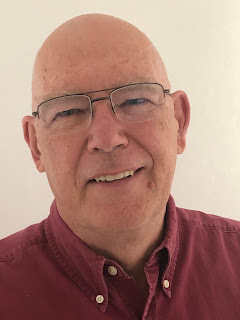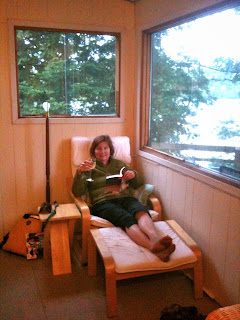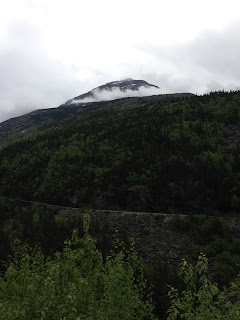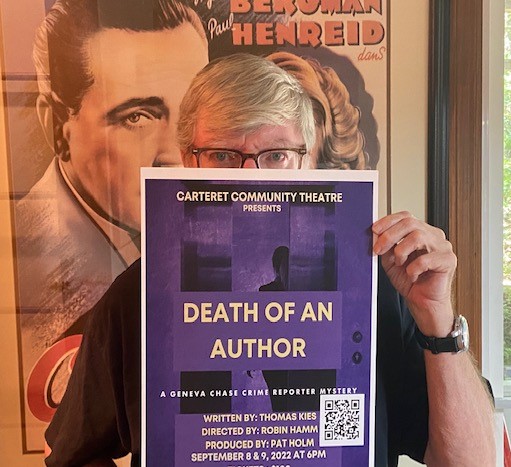By Thomas Kies
During the height of the pandemic when the world was locked down, no, I wasn’t looking to date anyone. However, I was like almost everyone else who was hunkered down at home, I was looking online for items that were difficult or impossible to find in our local grocery store (toilet paper, anyone?). The longer I was in lockdown, the more apps I discovered on my phone and my laptop.
I found that I could buy most anything from the comfort of my home office while still in my pajamas—clothing, food, insurance, furniture, gym equipment, cars, boats, even a house.
During that time, I was working on my fifth book, Whisper Room, and the thought occurred to me, what if there was an app where you could order an escort along with all the bells and whistles—a nice dinner, a fancy hotel room, a Broadway show, or a trip to the Bahamas? Or as the fictional owners of the Whisper Room describe it, it’s a full-service dating app where both the escorts and the clients are fully vetted.
That all led me to do some research into dating websites and apps. I was amazed to discover that online dating started in 1965 when two young Harvard students managed to wangle time on an IBM 1401 computer (one of the first computers to run on transistors and not vacuum tubes) and created the very first digital matchmaking service.
The two men created a 75-question survey that applicants would answer and then mail in along with their $3 fee. In turn, they would receive a list of matches that the IBM machine generated for them. By 1966, Operation Match claimed to have 90,000 people using the system.
Computer dating really hit its stride in 1993 when Match.com was created by Gary Kremen and Peng T. Ong in San Francisco. Match became a household name early on after garnering over 100,000 users in its first six months. At that time, participants were matched up based on answers to a wide variety of questionnaires.
It wasn’t until 2014 that Match.com created a mobile app that used location to match people based on photos and using similar algorithms as the dating app called Tinder.
With the success of Match.com, starting in 2000 a company called eHarmony brought people together by what they described as “scientific methods”. Prospective members answered a proprietary questionnaire about their characteristics, beliefs, values, emotional healthy and skills. At its height, 33 million members used the service. In 2010, the company claimed that after finding their match on eHarmony, an average of 542 members in the United States were getting married every day.
It was during this same period, the 2000s, that social media skyrocketed. Once again at Harvard, Facebook was founded in 2004 and by the end of the decade, Twitter, Instagram, and LinkedIn had taken root. All online places to meet and interact.
Then in 2012 Tinder came along and really kickstarted online relationships…or hookups. Tinder is location based and subscribers can swipe right on someone’s photo if they like them and left if they don’t. If both users swipe right, then they can message each other. As of 2021, the app has been downloaded 400 million times and has 57 million active monthly users.
The advent of dating app specificity has exploded. No matter what your experience, demographic profile, or sexual interest is, you can find it online if you know where to look.
If you’re looking for a DTF dating app…and I didn’t know this, but DTF means easy hook-up: Pure (no-strings attached hookup app), Feeld (looking to match singles with couples..threesome anyone?), Ashley Madison (an extra-marital website that thinks life is short, so have an affair), and Bootyshake (give your phone a shake and anyone who has logged on in the past hour will appear on your screen).
Then there’s Farmers Only (connects country folks), High There (for stoners), Clown Dating (yeah, exactly for what you think it is), Redhead Passion (for gingers), Gluten Free Singles, and Singles with Allergies…the list goes on and on.
But in doing research for Whisper Room, I wondered if you could buy sex online? Silly question. You can buy anything online.
One site, that appears to have been taken down, is called Redevu that focused on creating a safe space for sex workers. When it was up and running, Rendevu was supposed to be safe because everyone is vetted and customers have to put in their credit card info before they receive their booking.
Ohlala is an app that is supposed to be designed with women in mind. On Ohlala, the customer makes a date request along with time and a budget. The escort sees the request and if she accepts, a new private chat will pop up. If they agree on a location, duration and price, that the date gets locked in.
According to Bustle, “Ohlala is the one dating app where everyone’s intentions are clear.” According to Tech.co, “Now there’s a dating app that is purposefully putting women in control.”
PinkDate connects clients and escorts just like Uber connects riders and drivers. The app has a Tinder like feel where clients can scroll through thousands of escort profiles. When the customer finds their choice, they check available times and dates. Escorts shard hourly rates and calendar availability.
So, during the lockdown, when I dreamed up the app called Whisper Room, I thought I had come up with something unique. In reality, if you want something bad enough, you can find anything…or anyone… online and make a purchase.























